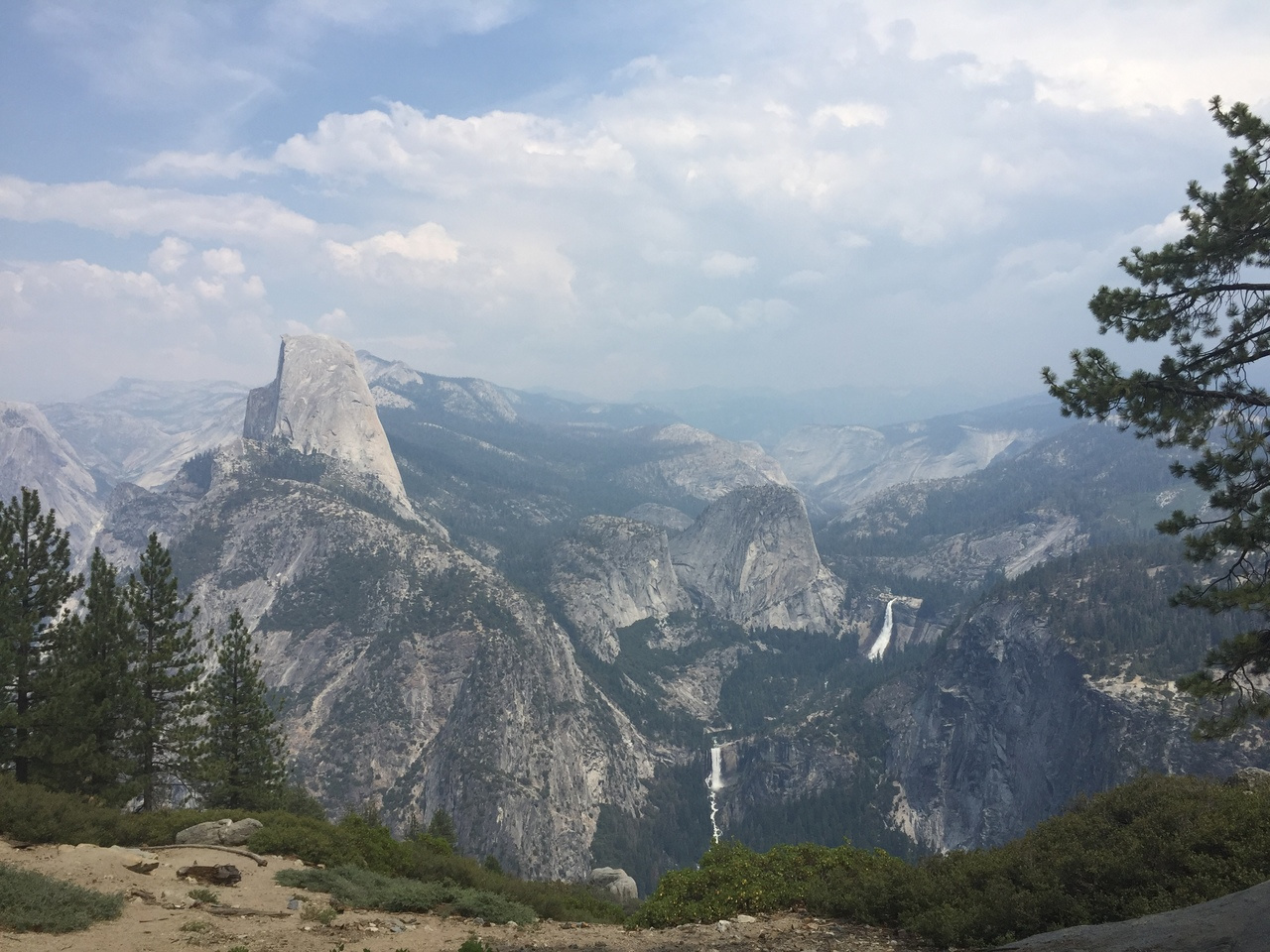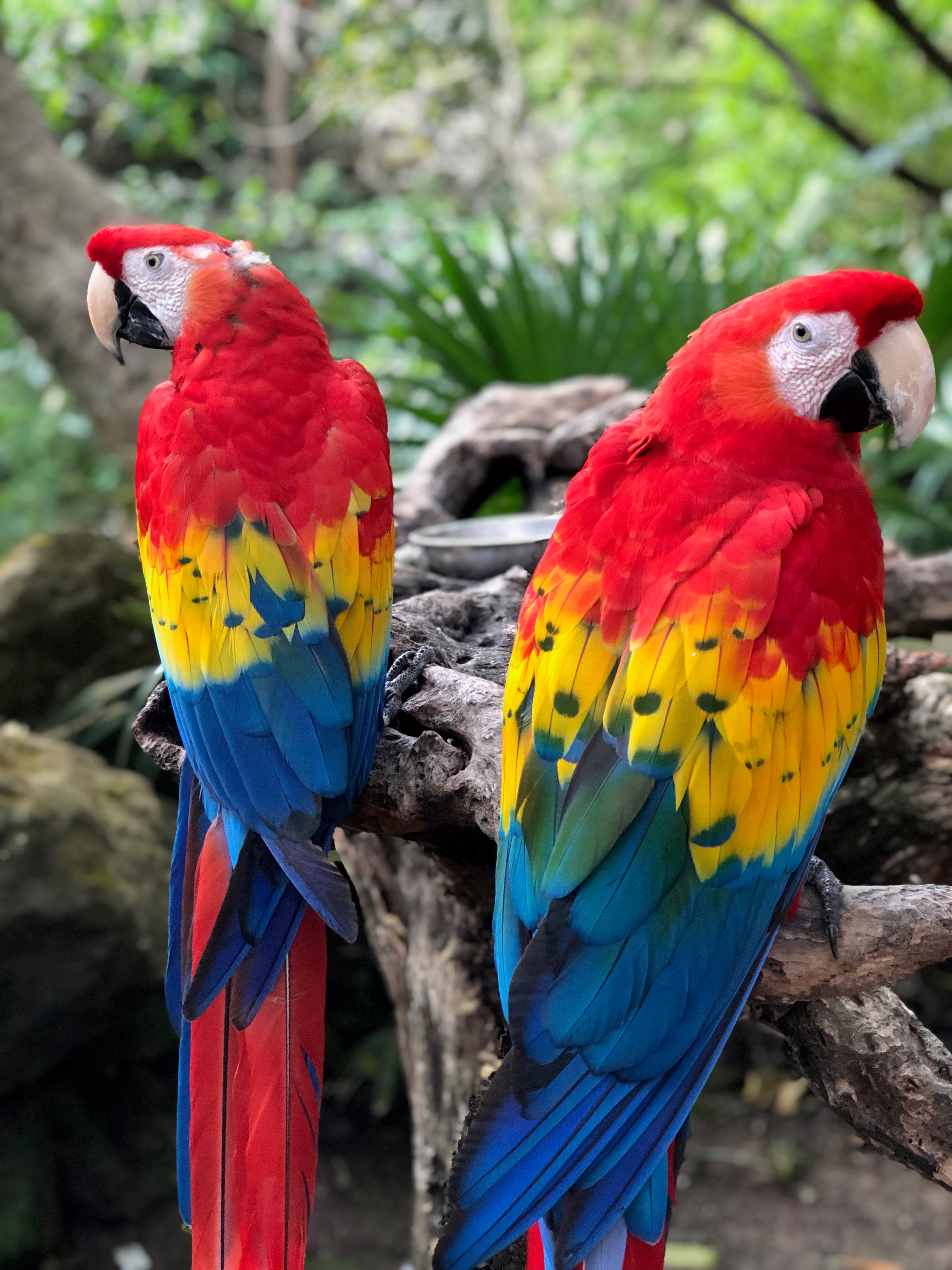How science outreach can help us protect biodiversity
Published in Ecology & Evolution

We dedicate our lives to understand the evolutionary forces that gave rise to biological diversity, what keeps species apart, how they adapt to their environments, and how to use animal models to understand how biological systems work and how to fix them. We cannot forget however, that part of our role is also to share our love of nature and our appreciation of the importance of protecting it with our communities. Educating non-scientists on the magnificence of nature and scientific discovery is perhaps the most powerful weapon we have to protect our species.
This is by no means an easy task. A career in science is hard work, competitive and stressful at every single stage. No PhD student will ever say it was easy, and it only keeps getting busier and harder as we progress into our first tenure-track position. Here we embark into the bitter-sweet adventure of starting our own lab, with the constant pressure of writing grants, teaching classes and of course, doing top-notch research that will change the world. Even if the balance of activities might change as we progress as professors, it never gets easy or less busy.
So yes, I know, what I am proposing is not easy, and it only stretches our already packed schedule even further. It will be particularly hard for some and easier for others. Some of us find it easy to speak in public events and getting the public involved, while others need to learn how to address non-scientists as if we were learning a different language. Some of us work in institutions that encourage public outreach, and others will have to do it knowing it will not count, or even be encouraged in our promotion evaluations. But it is crucial, and in our own way, we can all find a way to contribute.

Outreach only becomes more important given the political senselessness of our current times. Things have changed. Our political leaders are not always the educated, admirable guides they once were. They have progressively abandoned the appreciation for data and rationality required to make important decisions and protect our well-being. It is thus more critical than ever for the scientific community to play its role making sure people understand the science behind the natural world and what it takes to protect it.
As we think about Earth Day and species conservation, it is easy to see the connection to scientists working in the field, studying the ecology and conservation of charismatic species like the African large mammals, tigers or colorful frogs, and how they could contribute to educating the community on how to protect biodiversity. It is true that working on these species helps. It sparks public interests and provides many opportunities to get the community involved in educational activities. But we can all help them in this important mission.
Outreach is not just for museums or scientists working on the "popular" species. How can you contribute if you work on Drosophila or laboratory mice? It might be less obvious how those of us interested in molecular biology or biomedical research can contribute to the protection of biodiversity. But I really think we can. Just by teaching people about Science and contributing to science education we will indirectly help the public better understand the arguments for species conservation. We can also teach them about the role animal models play in research that directly impacts humans, how we study biochemical and physiological processes and the mechanisms behind disease. It will only highlight the importance of preserving biodiversity and spark their interest in science.
![How the female [guppy] brain evaluates males](https://images.zapnito.com/cdn-cgi/image/metadata=copyright,fit=scale-down,format=auto,quality=95,width=256,height=256/https://images.zapnito.com/users/179815/posters/918c8bacac2a628343547022b9f964d3/062319de-6007-45c8-87a1-8fac0bded633_medium.jpg)
Please sign in or register for FREE
If you are a registered user on Research Communities by Springer Nature, please sign in
You are so correct in what you write. It is the biggest failing of the scientific community not to have an interest in outreach. It is vital that we all communicate about the importance of our work and highlight to a wide range of audiences the implications for humanity and the environment of our discoveries.